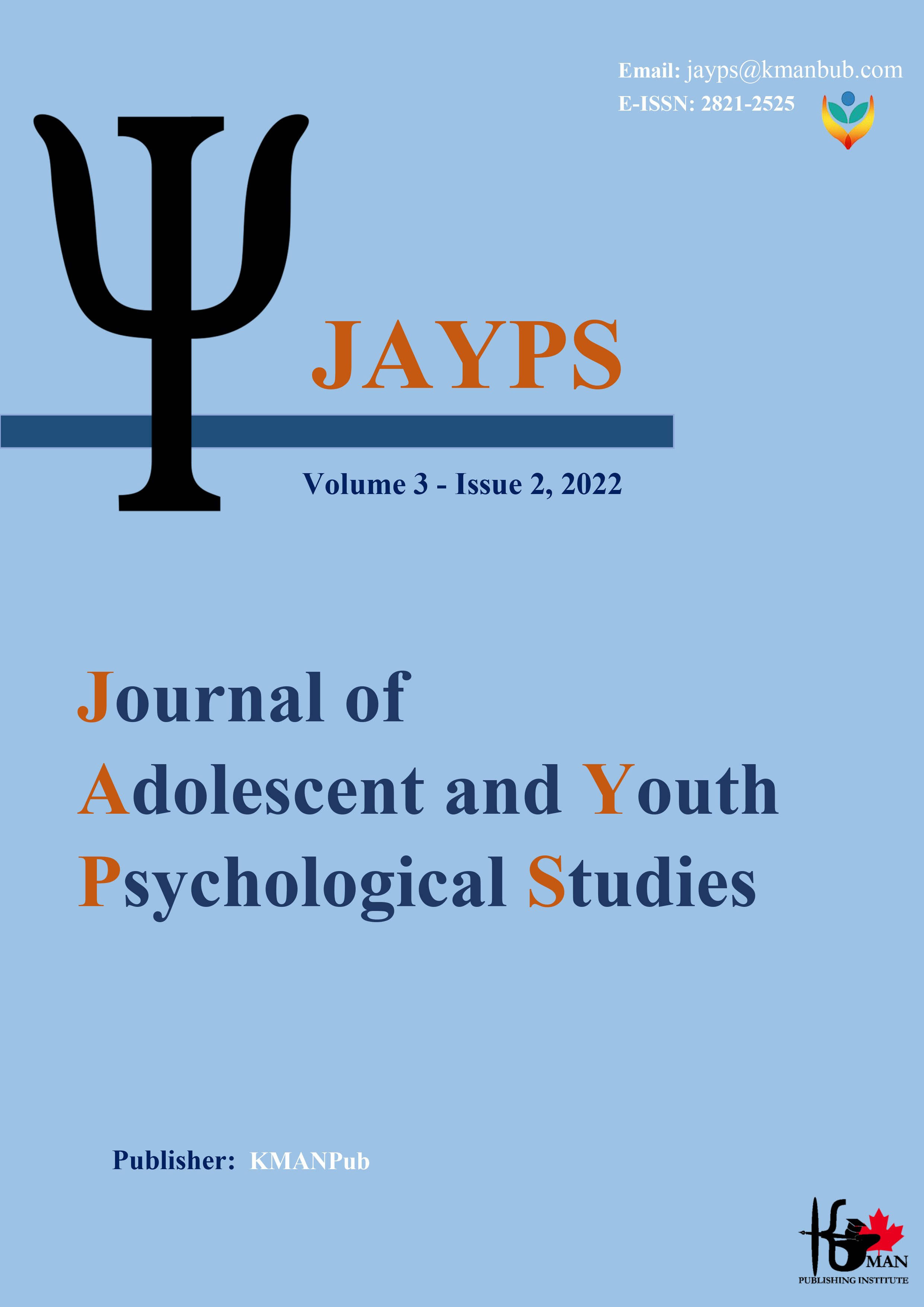Comparing the effectiveness of mindfulness-based schema therapy and acceptance and commitment therapy on cognitive distortions and causal attributions in nursing and midwifery students with health anxiety
Keywords:
schema therapy, acceptance and commitment therapy, cognitive distortions, causal attributions, studentsAbstract
Background and Purpose: Nursing is one of the professions that is always faced with numerous and stressful factors in the work environment. The nature of this job is such that it involves a combination of roles through technical activities, professional skills, human relations and empathy. The present study was conducted with the aim of comparing the effectiveness of mindfulness-based schema therapy and acceptance and commitment therapy on cognitive distortions and causal attributions in nursing and midwifery students with health anxiety. Methods: It is a semi-experimental research design with a pre-test-post-test design and a three-month follow-up with the control group. The statistical population included all nursing and midwifery students suffering from health anxiety in the free universities of Gilan branch in 2021. Among these, 45 people were selected by convenience sampling method and randomly replaced in experimental groups (schema therapy based on mentality and therapy based on acceptance and commitment) and control (15 people in each group). Mindfulness based schema therapy was performed in 10 90-minute sessions based on Yaung et al.'s (2003) educational package in the experimental group. Data were collected using Ellis' (2000) Cognitive Distortion Questionnaire, Peterson et al.'s (1982) documentary style, and Salkovskis' (2002) health anxiety. The data was analyzed using SPSS-22 software and through the analysis of variance test with repeated measurements. Results: The results showed that mindfulness-based schema therapy and acceptance and commitment therapy are effective on cognitive distortions (P<0.001) and causal documents (P<0.001) of nursing and midwifery students suffering from health anxiety. Also, the results of the follow-up test showed that mindfulness-based schema therapy on acceptance and commitment therapy has a greater effect on cognitive distortions and causal attributions than mindfulness-based schema therapy. Conclusion: Considering the role of beliefs and thoughts in cognitive distortions, it is suggested that therapists consider these interventions in reducing the symptoms of worry and disease perception.
Downloads
Downloads
Published
Submitted
Revised
Accepted
Issue
Section
License

This work is licensed under a Creative Commons Attribution-NonCommercial 4.0 International License.









